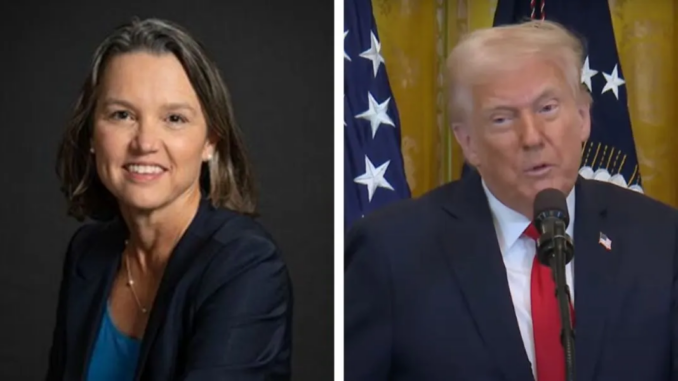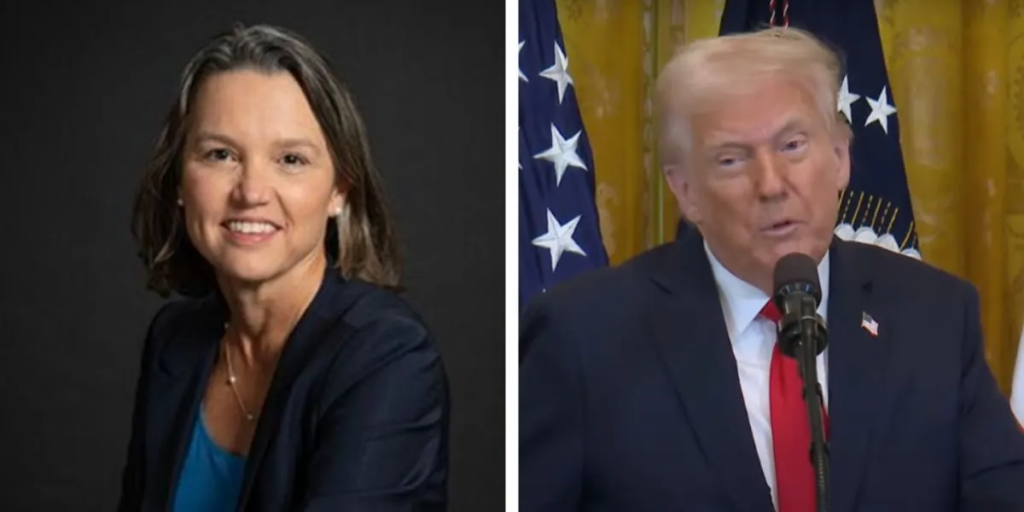

Columbia University’s Interim President Steps Down as the School Faces a Federal Funding Dispute with the Trump Administration
Columbia University is facing turmoil as its interim president has stepped down amid an escalating dispute with the Trump administration over federal funding. The controversy, which centers on policies regarding campus governance and free speech, has placed the prestigious Ivy League institution at the center of a national debate on higher education funding and government oversight.
Leadership Shake-Up at Columbia
The resignation of the interim president, whose tenure was marked by efforts to navigate Columbia through complex legal and financial challenges, comes at a critical time for the university. The sudden departure has left faculty, students, and alumni questioning the stability of leadership as the school faces potential funding cuts.
University officials have yet to announce a permanent replacement, but sources suggest that the search for a new president will prioritize someone capable of handling the growing political and financial pressures the institution faces.
Federal Funding Dispute Explained
The Trump administration has been at odds with Columbia over alleged violations of federal policies tied to campus regulations, including concerns about free speech and the handling of controversial protests. The administration has threatened to withhold federal funds if the university fails to comply with government mandates on academic freedom and institutional policies.
Supporters of the administration argue that universities receiving federal funding should be held accountable for upholding constitutional principles, while critics see the move as a politically motivated attack on higher education institutions that have been vocal in opposing Trump-era policies.
The Impact on Columbia’s Future
With millions of dollars in federal grants and research funding potentially at stake, Columbia faces a challenging road ahead. If funding is revoked or reduced, the university may have to make budget cuts, impacting faculty salaries, student financial aid, and research initiatives.
In the meantime, Columbia’s board of trustees is working to appoint new leadership and develop a strategy to address the funding dispute while maintaining the university’s academic integrity and independence.
As the situation unfolds, the outcome of this standoff could have broader implications for higher education institutions nationwide, setting a precedent for how universities navigate political and financial pressures from the federal government.